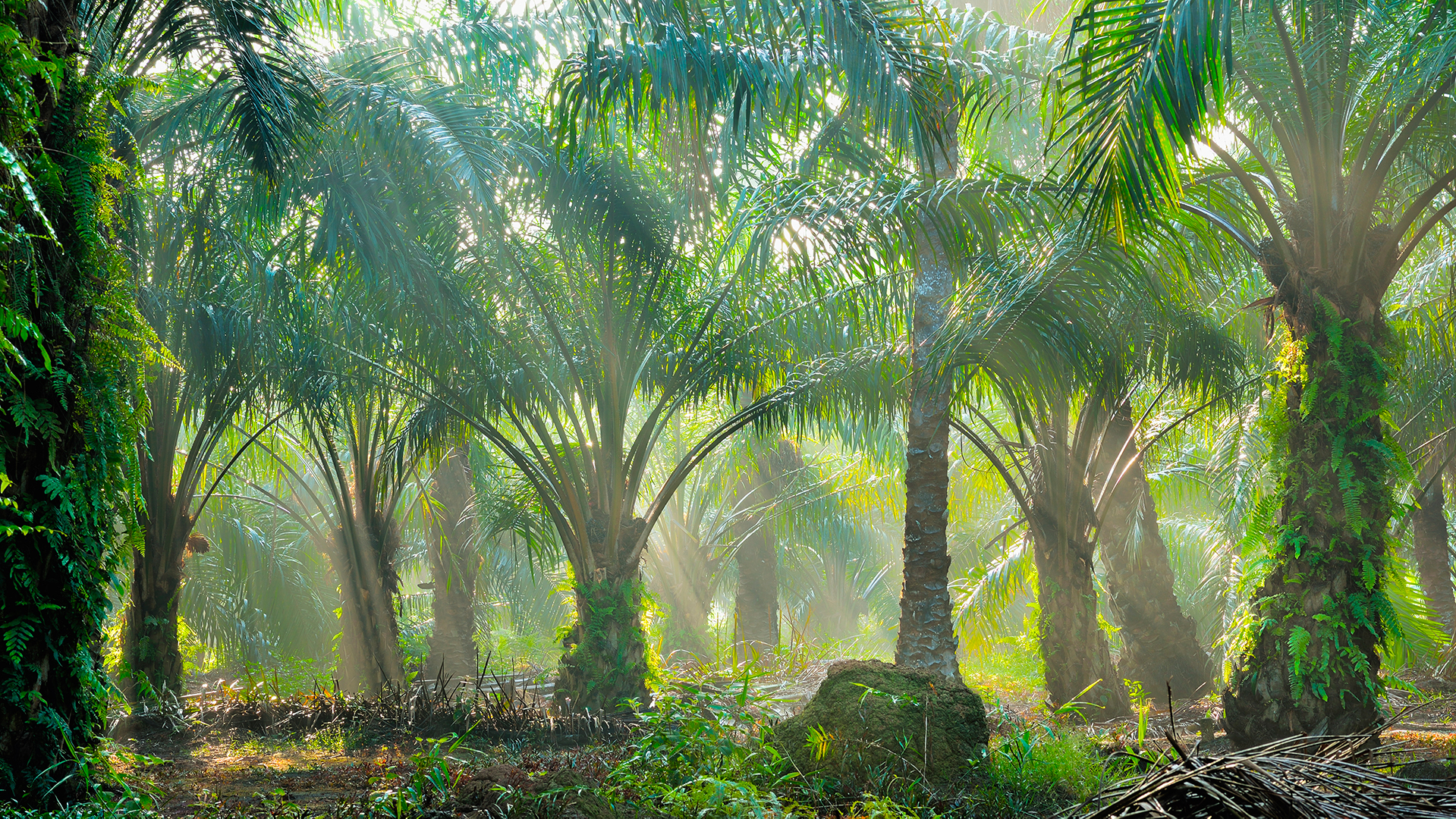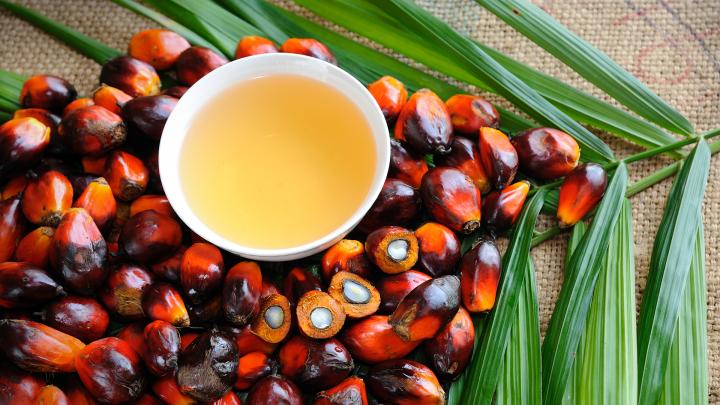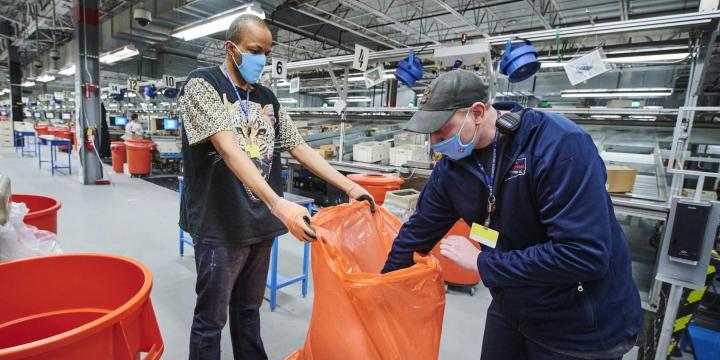Andrew Horn and Andrew Jenkins have a lot more in common than just their first names.


Horn, senior sustainability operations manager for the Walgreens global sourcing team, and Jenkins, product sustainability manager for No7 Beauty Company, have been collaborating on sustainability initiatives across the global organization for the past few years. Most recently, their work has been focusing on the world of palm oil – work that has been ongoing at Boots but recently expanded to the entire global business, as WBA officially became a member of the Roundtable on Sustainable Palm Oil (RSPO) in August.
Horn and Jenkins spoke with WBA Stories about this work and why it’s important to make sure the palm oil supply chain across WBA uses sustainable and ethical practices.
Andrew Horn: Palm oil is the world’s most widely used vegetable oil. It often requires less processing than other oils, and is used in everything from food and lipstick to detergent and pharmaceuticals.
It’s an attractive crop for producers because it’s so efficient to grow. Yields can be at least two times more palm oil per acre than other vegetable oils and sometimes up to 10 times more. As a result, palm oil can be a more sustainable crop, if grown responsibly, because of its reduced land use requirements. Palm oil has become an important source of income and employment for millions of people in developing countries. But in some areas, its production has been linked with human rights violations affecting indigenous communities and plantation workers.
Andrew Jenkins: Palm oil itself is not harmful to the environment. However, we know that in some regions, palm oil cultivation has caused – and continues to cause – deforestation. This means that land that was once predominantly covered by primary forest (forest that has never been touched by man) was cleared in order to be converted into palm oil plantations. This primary forest is home to endangered species of plants and animals and should be protected.
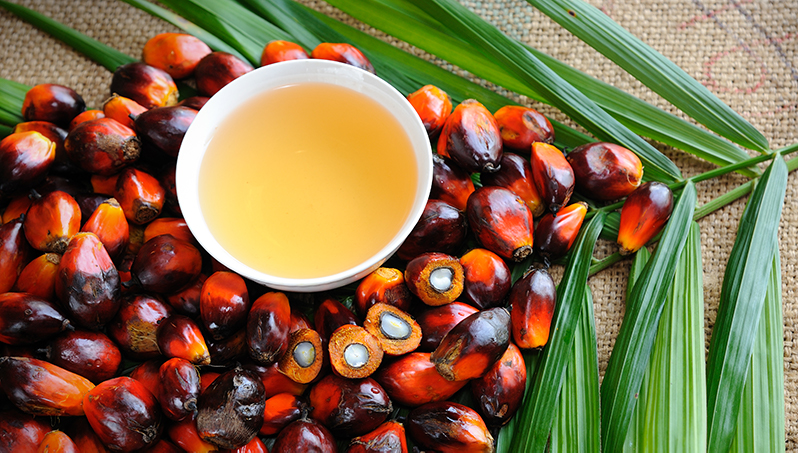
Horn: Palm oil is derived by processing the oil of palm tree nuts. Global production of and demand for palm oil is increasing rapidly. The main area for palm oil development is in and around Indonesia, Malaysia, Papua New Guinea and across that latitude line, even extending into West Africa and parts of South America. Such expansion can be a lifeline for some human communities but can also come at the expense of tropical forests.
Jenkins: It's harvested from the nuts of the tree. There are actually two products you can get from it: the fleshy outer case of the palm oil nut gives you the actual palm oil, but if you crush the inner seed, that gives you what’s called palm kernel oil. It’s two different products with two different uses.
Some palm oil plantations were developed without consulting local communities over the use of their land. Some have even been responsible for forcibly displacing people from their homes. But the true environmental impact deforestation and palm oil farming can have expands far beyond just the loss of habitat for some of these animal species – there is a human impact as well.
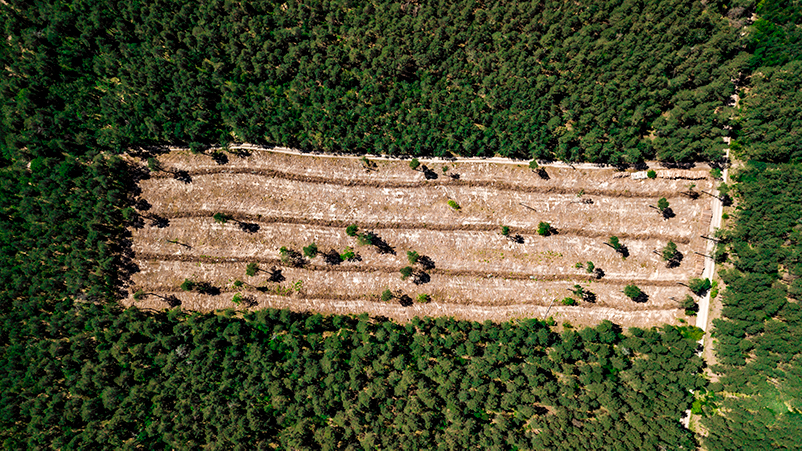
Horn: Many products use ingredients that have been derived from palm oil. Palm oil and its derivatives can appear under many names, including: Vegetable Oil, Vegetable Fat, Palm Kernel, Palm Kernel Oil and more.
It’s used for products in grocery and household, beauty and personal care, and health and wellness. Specific to Walgreens, palm oil may be found in products such as the Nice! Hazelnut Coffee Creamer, Daily Moisturizing Lotion, and even in Vitamin B Complex 500 mg tablets.
Jenkins: Additionally, a lot of our cosmetics at No7 use ingredients, such as glycerin, that can be made from palm oil. As Andrew said, this type of vegetable oil is the base because it's an efficient and reasonably cheap crop to grow. Even your margarine and the spread you use on your bread … a lot of that is made from palm oil.
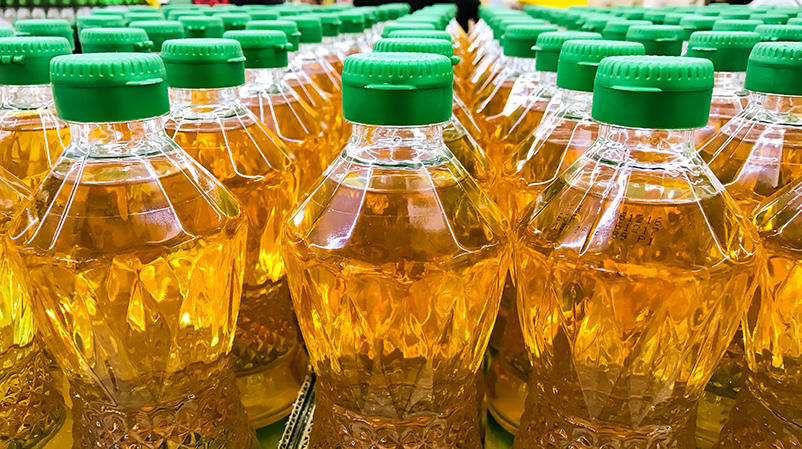
Jenkins: In 2006, Boots was one of the first retailers in the UK to join the RSPO, and now we’re so pleased to have all of WBA on board. The RSPO works with growers and producers to facilitate sustainable production of palm oil. All the palm oil used in WBA products, including derivative ingredients, will become certified by the RSPO as coming from sustainable sources. This is through a mixture of physical certification and RSPO book and claim credits (an offset system that funds conversion of palm oil production to meet sustainable criteria). Boots and No7 are working toward a target of 75 percent physically certified palm oil and derivatives, and WBA will be working to set up its own targets soon.
We also work with an independent group, the Palm Oil Transparency Coalition, to obtain greater transparency of the palm oil supply chain and check that the palm oil traders and importers we engage are working to similar principles.
Horn: RSPO is a nonprofit that unites more than 4,000 stakeholders from all sectors of the palm oil industry to develop and implement global standards for sustainable palm oil: palm oil producers, processors or traders; consumer goods manufacturers; retailers; banks and investors; and environmental and social non-governmental organizations.
The RSPO has a production standard that sets best practices in producing and sourcing palm oil. It is the largest independent, third-party standard for the more sustainable production of palm oil. Certified palm oil protects the environment and the local communities who depend on it for their livelihoods so that palm oil can continue to play a key role in food security. In 2018, the RSPO standard was strengthened, and it now represents an essential tool that can help companies achieve their commitments to palm oil that is free of deforestation.
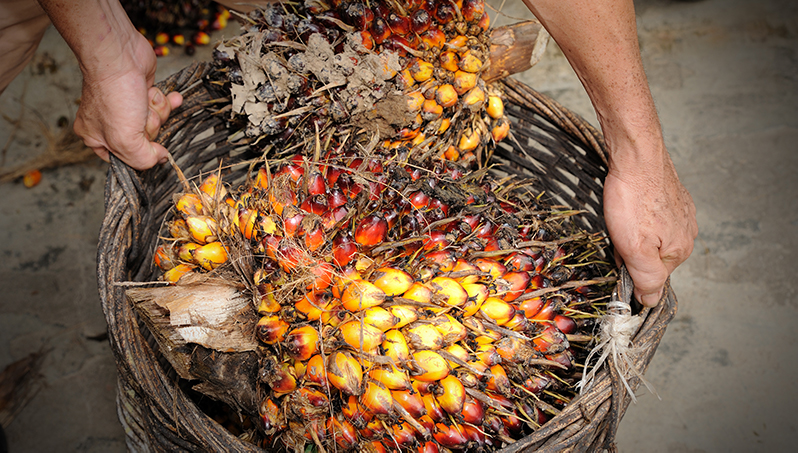
Jenkins: At WBA, we believe palm oil can be grown without causing further damage to the environment, and we’re collaborating with other companies and environmental organizations to ensure palm oil is produced responsibly. The supply of palm oil from the grower to ingredient manufacturer to our product suppliers is very complex, so we work with international organizations to ensure that the palm oil used in the ingredients we source moves to more sustainable methods of production. One way to achieve a sustainable supply is by using palm oil that has been independently certified to ensure it has been grown without causing harm to the environment or local communities.
The RSPO has developed principles and criteria for palm oil sustainability that include making sure that no new land or virgin forest is cut down to increase palm oil production. There's plenty of unused farmland in areas where palm oil is grown, which could be repurposed without cutting down natural forest. The criteria also include ethical considerations about workers' rights, the use of pesticides and the rights of indigenous populations in the countries we source from. Greenhouse gas emissions are another area we look at, making sure that the palm oil supply chain offers the lowest possible carbon footprint.
There’s a long chain of middlemen and other organizations the palm oil itself goes through before it gets into our products so we do want to be able to trace exactly where it comes from so we can be confident that we’re using sustainable palm oil as it pertains to every link in the supply chain.
